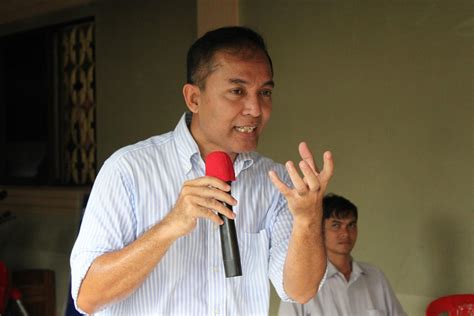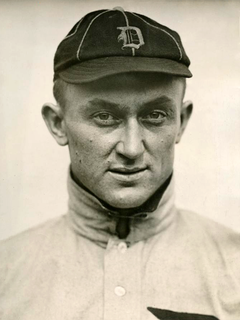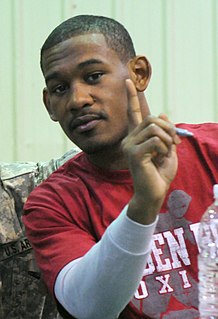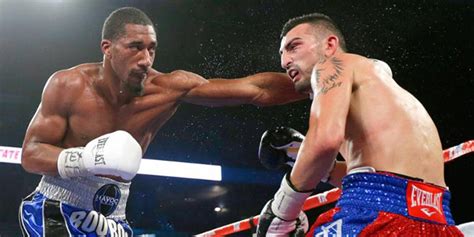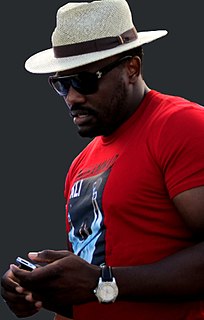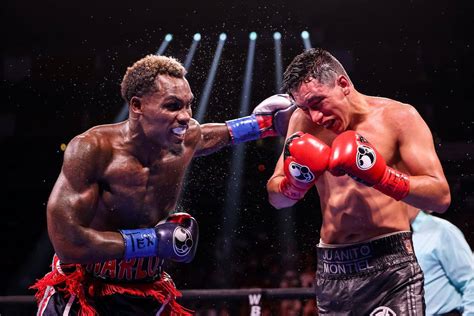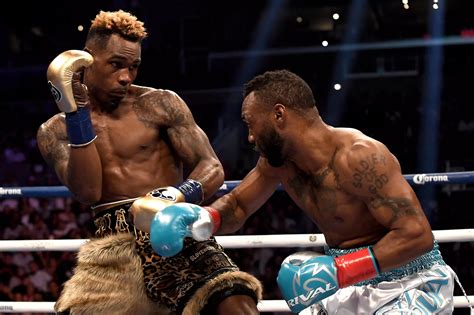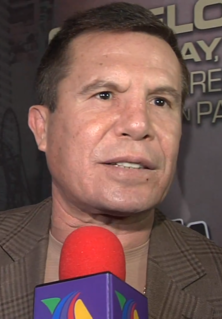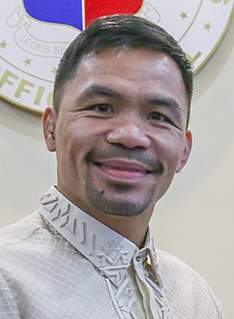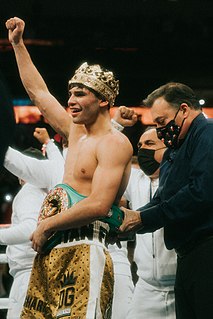A Quote by Luke Campbell
It would be a tough fight for either Scott Quigg and Carl Frampton against Rigondeaux. He's too good for his own good though and that's why he's been avoided.
Related Quotes
A society struggles to fulfill its best instincts, even as an individual does, and generally makes just as hard going of it. The fight against prejudice is an inevitable process. Man has been warring against his own lower nature ever since he found out he had one, and the battle against intolerance is part of the same old struggle between good and evil that has preoccupied us ever since we gave up swinging from trees.
The gentle rain which waters my beans and keeps me in the house today is not drear and melancholy, but good for me too. Though it prevents my hoeing them, it is of far more worth than my hoeing. If it should continue so long as to cause the seeds to rot in the ground and destroy the potatoes in the low lands, it would still be good for the grass on the uplands, and, being good for the grass, would be good for me, too.
Melville had to fight, fight against the existing world, against his own very self. Only he would never quite put the knife in the heart of his paradisal ideal. Somehow, somewhere, somewhen, love should be a fulfillment, and life should be a thing of bliss. That was his fixed ideal. Fata Morgana. That was the pin he tortured himself on, like a pinned-down butterfly.


